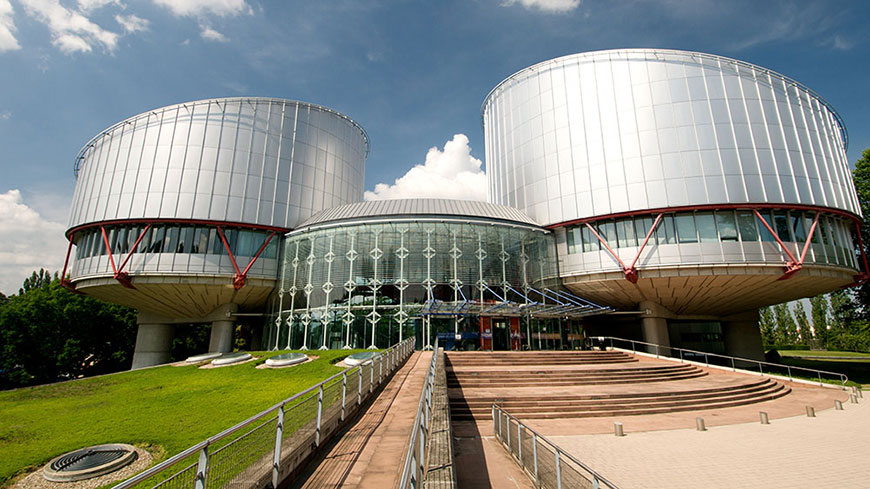Twenty-one years after the coming into force of the Human Rights Act 1998, the government is in the process of reforming the Act and making our legal system less reliant on the jurisprudence of the Strasbourg Court. This is in response to concerns that the European method gives too much weight to individual freedom and that the Strasbourg Court has become too powerful.

Examining 21 years of the Act, it is argued that the Act should stay. The reasons are based on the desire to maintain the highest level of rights’ protection within an already precarious constitution, but also because the Act achieves the perfect balance: between complying with our international law obligations, whilst at the same time respecting our unique constitutional arrangements. Here are six good reasons to retain the Act
- First, the UK’s pre-Act method of protecting human rights was unsatisfactory and failed to comply with our human rights obligations in international law. A return to this method would lead to an inevitable clash with the European Convention, together with a rise in the number of applications made to the European Court.
- Second, the system used by the European Convention already accommodates restrictions on rights that are necessary to protect social values and other individual rights. The Act has never interfered with that principle, but it does attempt to restrict interferences with fundamental rights by insisting that the basic principles of legality and proportionality are followed.
- Third, both the European Convention machinery and the Human Rights Act preserve the autonomy and features of each state’s constitutional and legal order. The European Court has made it clear that the Convention machinery is subsidiary to the domestic protection of human rights, and Protocol No. 15 stresses the principle of subsidiarity in the Convention’s order. Equally, the Act preserves all of our constitutional fundamentals: parliamentary sovereignty, executive autonomy and the limited role of our judiciary. Parliament has the ultimate say in how the balance between the enjoyment of rights and social and other interests is to be struck, although to concede to judicial rulings that find such law in breach of the Convention accords with diplomatic and common sense.
- Fourth, the European Court has become more tolerant of each state’s prerogative to strike the balance itself. This is accommodated by Protocol No. 15, and is evident in the areas such as prisoner voting rights, the imposition of whole life sentences, hearsay evidence, and restrictions on peaceful assemblies. There are cases where the Convention jurisprudence has made us reform our law, but to argue for reform of our human rights law on the basis of a handful of Strasbourg Court decisions fails to appreciate the wider benefits of the Convention and the Act.
- Fifthly, an examination of the domestic courts’ post-Act jurisprudence fails to reveal the ‘mission creep’ that the Strasbourg machinery has been accused of. Although the domestic courts have used European principles to challenge practices of detention without trial and restrictions on the rights of homosexuals and transsexuals, such decisions have upheld fundamental principles of justice, dignity and equality, which are part of traditional British values.
- Finally, can we afford to do without the Human Rights Act? Without entrenched human rights, or the constitutional right of the courts to override the acts of a sovereign parliament (executive), the Act has proved fundamental in restraining government and providing real and consistent remedies for those whose rights have been violated. To provide another break from international standards and control may well sound the death knell for human rights and constitutionalism in our Constitution.

Dr Steve Foster
Associate Professor of Law
You can find out more about Steve’s research through his Pure profile, which sets out his research interests, publications, and contact details. You can also find out more about Coventry University’s research through our dedicated research page

